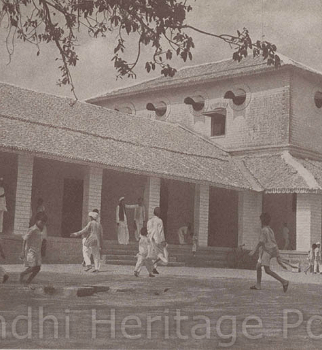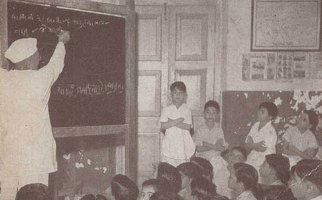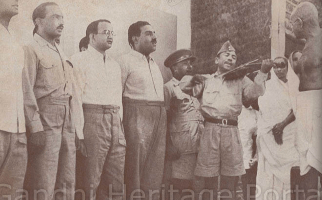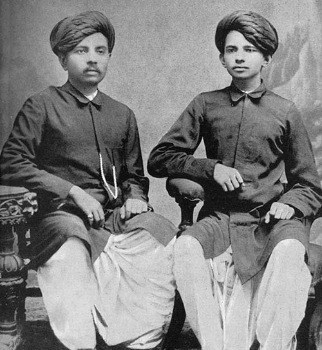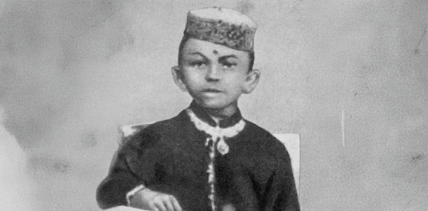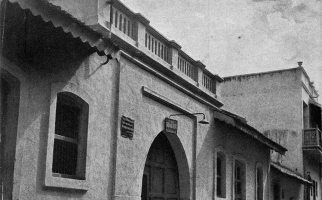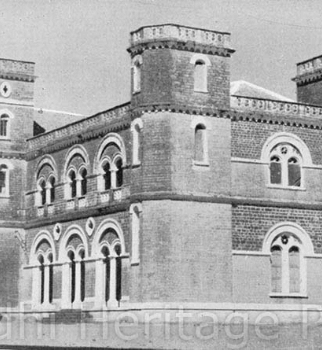About Mahatma Gandhi
Mahatma Gandhi, born Mohandas Karamchand Gandhi on October 2, 1869, in Porbandar, Gujarat, is one of the most revered leaders in the history of India and a global symbol of non-violent resistance and civil rights. Gandhi's philosophy and methods of non-violence and truth, known as Satyagraha, had a profound influence on movements for civil rights and freedom across the world.
Gandhi studied law in London and later worked in South Africa, where he faced racial discrimination and injustice. These experiences were pivotal in shaping his thoughts on equality and resistance to oppression. In South Africa, Gandhi successfully organised the Indian community to resist discriminatory laws through non-violent protests, laying the groundwork for his later efforts in India.
Returning to India in 1915, Gandhi quickly became a prominent leader in the Indian National Congress (INC). He advocated for Swadeshi (self-reliance) by encouraging the use of Indian-made goods and the boycott of British products. One of Gandhi’s most notable acts of protest was the Salt March in 1930. He and his followers walked 240 miles from Sabarmati Ashram to the coastal village of Dandi to produce salt from seawater, defying the British monopoly on salt production and sales. This act of civil disobedience galvanised the Indian population and drew international attention to the Indian independence cause.
Despite his commitment to non-violence, Gandhi’s life was marked by tragedy. On January 30, 1948, he was assassinated by Nathuram Godse, a Hindu nationalist who opposed Gandhi’s tolerance towards Muslims and his efforts to achieve communal harmony.
Gandhi is remembered worldwide as a champion of peace, a beacon of moral leadership, and the "Father of the Nation" in India. His birthday, October 2nd, is commemorated as Gandhi Jayanti in India and as the International Day of Non-Violence globally.




